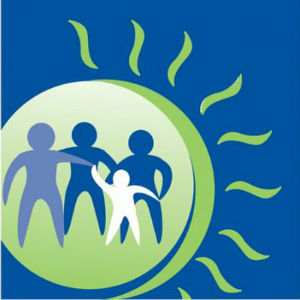 The Safe Start Center recently released a publication that outlines the best practices for youth service providers working with children that have experienced victimization or severe trauma.
The Safe Start Center recently released a publication that outlines the best practices for youth service providers working with children that have experienced victimization or severe trauma.
“Victimization and Trauma Experienced by Children and Youth: Implications for Legal Advocates” addresses numerous topics, including the best available assessments and treatments for trauma-related stress in young people. The brief, the seventh entry in “Moving from Evidence to Action: The Safe Start Center Series on Children Exposed to Violence,” contains suggestions for experts in both the juvenile justice field as well as the field of child welfare, providing attorneys and court-appointed advocates with specialized information about trauma-informed practices.
The brief lists several symptoms of traumatic stress for workers in the juvenile justice and child welfare systems to note, in addition to multiple screening and assessment instruments commonly used to address past traumatic experiences and exposure to violence by young people.
The Safe Start Center notes numerous emerging, evidence-supported interventions, such as Child-Parent Psychotherapy (CPP) and Trauma Affect Regulation: Guide for Education and Therapy (TARGET) as promising programs for the treatment and rehabilitation of young people effected by trauma and victimization. The publication addresses efforts on the state and local level by organizations that have sought to implement trauma-informed services into juvenile justice and child welfare frameworks, concluding with a list of suggestions for the promotion of policy reforms in legal practices.
The Safe Start Center, a project of the United States Department of Justice, is funded by the Office of Juvenile Justice and Delinquency Prevention (OJJDP).